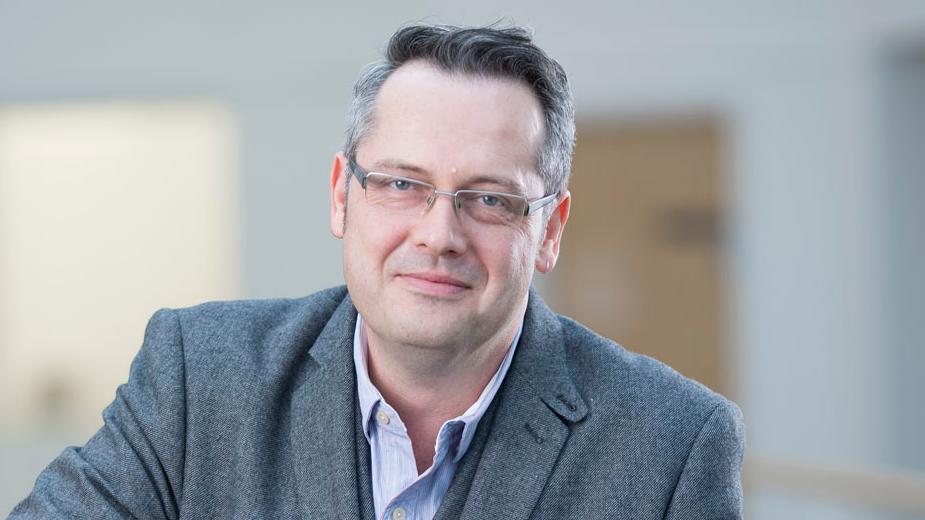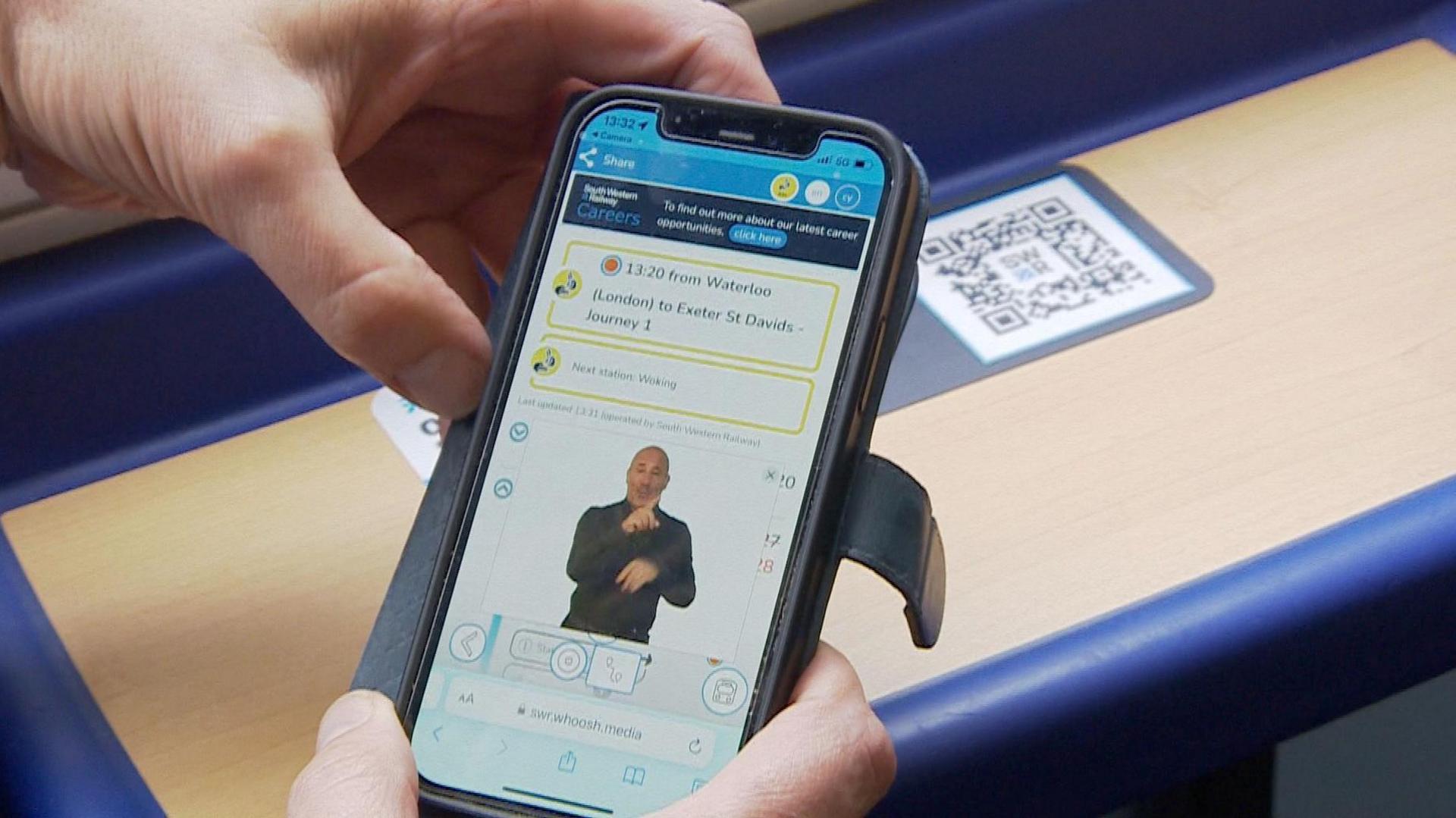University project to build sign language AI model

Professor Richard Bowden wants to ensure the deaf community is not "left behind" in the AI revolution
- Published
The University of Surrey has been awarded £8.45m to build a sign language artificial intelligence (AI) model for the deaf community.
Over five years, the SignGPT project will build tools to allow spoken language to be translated into photo-realistic sign language and sign language video into spoken language.
Prof Richard Bowden from the university's Institute for People-Centred AI, said the project was "not about replacing humans" but ensuring the deaf community was not left behind.
"By creating technology that serves the community, we're enabling equal access to information, working towards seamless communication between the deaf and hearing world," he said.
The research team, which also includes representatives from the University of Oxford and the Deafness Cognition and the Language Research Centre at University College London, will build a large language model comparable to those already available for written/spoken languages.
Mark Wheatley, chief executive of the Royal Association for Deaf People, said the project would "empower" the deaf community, members of which are also on the research team.
This project shows that "AI's potential is greatest when it uplifts everyone", Prof Bowden added.
Follow BBC Surrey on Facebook, external, on X, external. Send your story ideas to southeasttoday@bbc.co.uk , external or WhatsApp us on 08081 002250.
Related topics
Related stories
- Published11 September 2024

- Published26 April 2024
